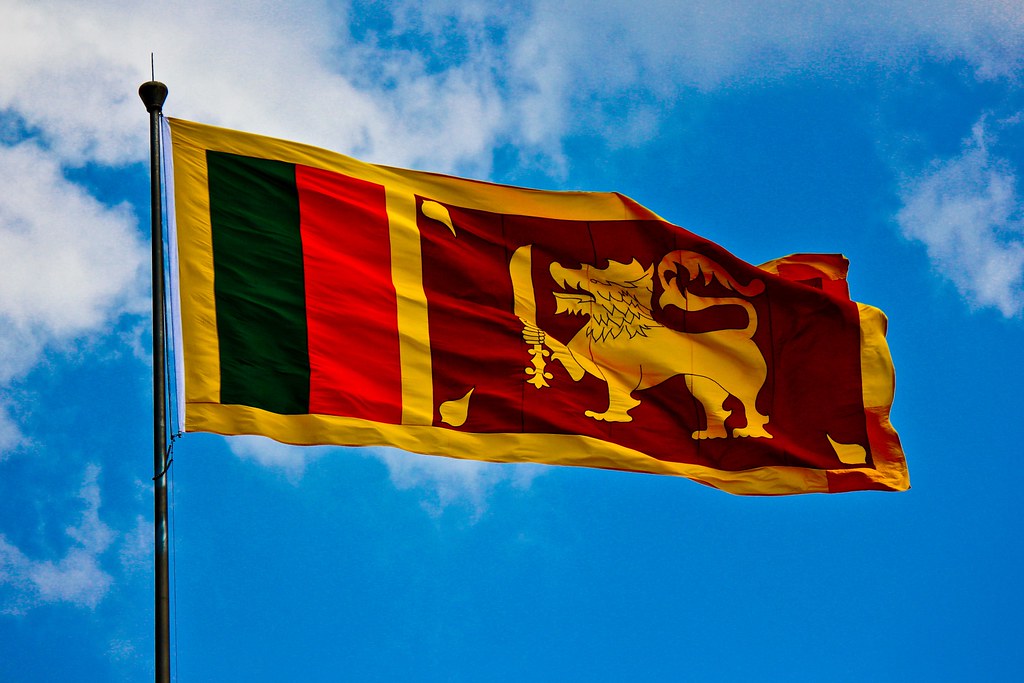On Monday, June 30th 2025, the President of Kazakhstan, Kassym-Jomart Tokayev just signed a law that prohibit the use of clothing that “interferes with facial recognition”. This law obviously also covers niqab and burqa, two kinds of Muslim attire wore by women.
President Tokayev said that this law not only to guarantee security, but also to make sure that people of Kazakhstan celebrate their ethnic identity instead of wearing face-concealing black robes.
But Kazakhstan is not the first or only country that did this, what other countries are currently implementing similar law?
Uzbekistan

While it might be surprising that a Muslim-majority country like Kazakhstan would ban burqa and niqab, but this policy is already popular among its neighbors.
Uzbekistan has also moved to limit the public use of Islamic face coverings as part of a broader effort to maintain secularism and combat extremism.
The niqab and burqa are not explicitly banned by law, but restrictions are enforced through administrative measures. In recent years, the government has made it difficult for women to wear face veils in public institutions, schools, and workplaces.
Authorities have promoted the idea that such clothing is not part of Uzbek culture and have encouraged the adoption of more "nationally appropriate" attire.
Police have reportedly questioned women wearing the niqab or burqa, and some have faced pressure to remove their veils.
Tajikistan

Tajikistan has taken one of the most aggressive approaches in Central Asia toward restricting Islamic dress, including the burqa and niqab.
While there is no specific law that bans these garments outright, the government has implemented a series of policies and actions that effectively discourage their use.
Authorities have conducted nationwide campaigns urging women to wear traditional Tajik clothing and avoid “alien” Islamic styles. In some cases, women wearing face veils have been stopped by police, asked to remove them, or registered by security agencies.
Kyrgyzstan

In Kyrgyzstan, the government has not passed a formal legal ban on the burqa or niqab, but officials have increasingly discouraged their use through public messaging campaigns and policy proposals.
Rooted in concerns about rising religious extremism and the erosion of secular traditions, Kyrgyz authorities have called for preserving national culture against what they view as foreign religious practices.
In recent years, state-sponsored billboards and television advertisements have portrayed the niqab and burqa as symbols of radicalism.
Several lawmakers have proposed legislation to restrict Islamic face coverings in government buildings, though such proposals have not yet become law.
Nonetheless, the government’s stance has created a climate of pressure and disapproval toward women who choose to wear these garments in public.
France

France was the first European country to implement a nationwide ban on full-face veils in public spaces. The law, which came into effect in 2011, prohibits the wearing of any clothing that covers the face, including the burqa and niqab.
France justified the move based on principles of secularism (laïcité), public safety, and the need for facial identification in public. The law sparked widespread international criticism and led to heated discussions about religious freedom and individual rights.
Women found in violation of the ban can face fines or be required to attend citizenship instruction classes. Despite challenges, including appeals to the European Court of Human Rights, the law has been upheld.
Denmark

Denmark passed legislation in 2018 that bans the wearing of face-covering garments in public, including the burqa and niqab.
The Danish government described the law as promoting integration and public safety, although critics argued it disproportionately targeted Muslim women and could isolate them further.
Under the law, first-time offenders receive a fine, with escalating penalties for repeat violations. The Danish ban sparked protests and international media attention, but the government has held firm on its stance.
Austria

Austria’s ban came into effect in 2017 under a broader “integration law” that included requirements for immigrants to learn German and embrace Austrian values.
The law prohibits full-face veils in public spaces, with the government asserting that face coverings hinder open communication and pose a challenge to societal cohesion.
Offenders can be fined, and police are authorized to request that women remove their veils in public. The law has been criticized by some as a populist move targeting Muslim communities.
Sri Lanka

Outside Europe, Sri Lanka has also taken measures to ban the burqa and niqab, particularly in response to national security concerns.
After the 2019 Easter Sunday bombings, which were carried out by Islamist extremists, the government imposed an emergency regulation banning all face coverings in public that prevent identification.
Although initially temporary, discussions have continued about making the ban permanent. The government argued that face veils hinder law enforcement and surveillance efforts, especially in the context of terrorism.
However, the ban has been controversial, with human rights organizations warning it could exacerbate religious tensions in the multi-ethnic island nation.



















